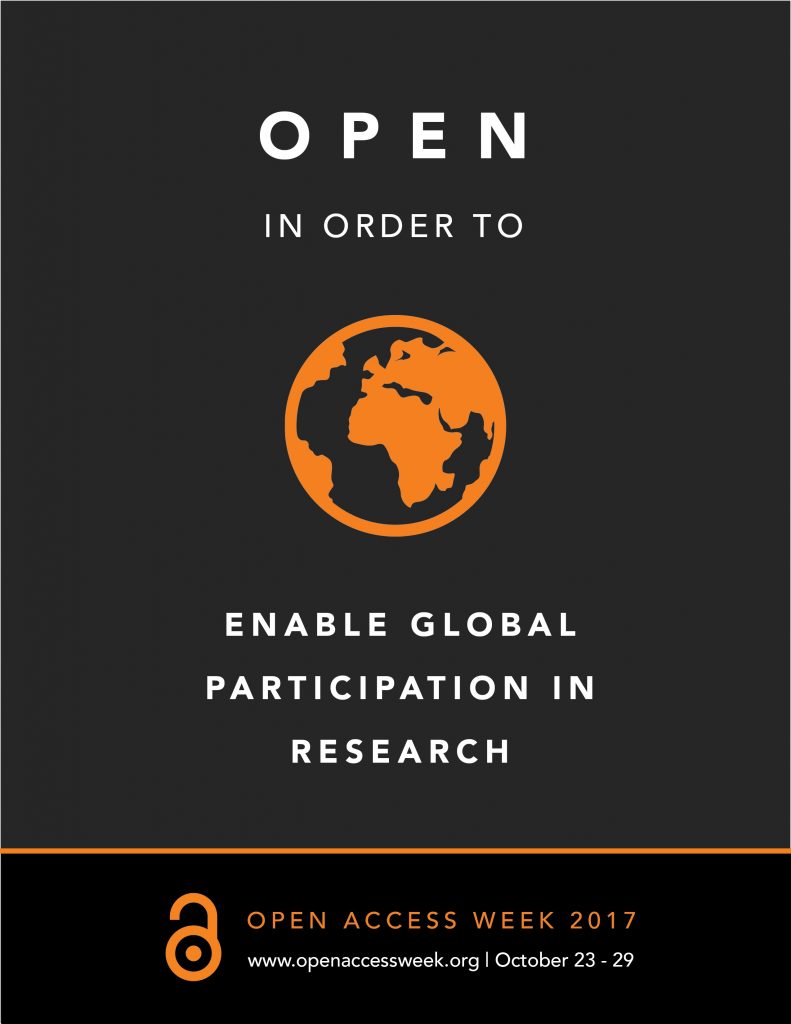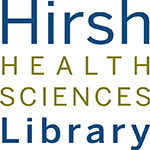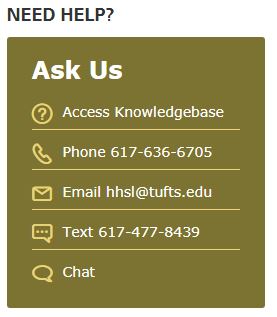Does my funder have an open access policy?

Open in order to enable global participation in research by Nick Shockey is licensed under CC BY 4.0
Next week is Open Access Week, when we take a moment to celebrate the free, immediate, online availability of research articles that open access publishing enables. We recognize the direct benefits open access provides us, namely, an expanded ability to find new collaborators, increased visibility of our research, increased access to global research participation, improved public health…and the list goes on.
Prompted by a memo from the White House Office of Science and Technology Policy, this much needed reboot to how scholarship and research is communicated has become a priority of several research funding agencies. Here on the Boston Health Sciences campus, many receive funding for their research through National Institutes of Health (NIH) awards, which has long established a mandate requiring the public access of research products supported by these funds. Public access is similar to open access, but does not dictate if and how the work can be reused.
Some researchers on the Boston campus are funded by a variety of other sources as well, such as the National Science Foundation (NSF), the Department of Defense (DoD), the Agency for International Development (USAID), the Health Resources and Services Administration (HRSA), the Agency for Healthcare Research and Quality (AHRQ), and the Department of Agriculture (USDA). PubMed Central, the home for NIH-funded research manuscripts, has expanded its reach and is now also the repository for several other entities, including AHRQ and the Bill & Melinda Gates Foundation. Other repositories exist. Check out the SPARC (the Scholarly Publishing and Academic Resources Coalition) Research Sharing Tracker to find information about U.S. federal funder requirements for sharing both articles and data.
Have questions about open access publishing or public access funder mandates? Email us at hhsl@tufts.edu.
Post contributed by Judy Rabinowitz
Recent Posts
Categories
- 4th Floor Tabling (3)
- affiliation (4)
- Announcements (353)
- Book/Resource Reviews (117)
- Hours (131)
- Interviews (4)
- New Titles & Resources (114)
- News & Events (266)
- Open Workshops (48)
- Outside News & Events (66)
- resources (18)
- throwback thursday (5)
- Tips & Tricks (135)
- Uncategorized (148)
Tags
4th floor affiliation books Boston circulation crafts electronic resource electronic resources events exams extended hours food fun fun lab funlab graduation HHSL Hirsh Health Sciences Library holiday holiday hours holidays hours leisure reading library fun lab library service desk library staff new books open access open access week open workshop Open Workshops reserves resources staff statistics summer survey tea Thanksgiving therapy dogs Tufts Hirsh Health Sciences Library website welcome! writing consultants writing helpFollow us @TuftsHHSL!
Twitter feed is not available at the moment.





